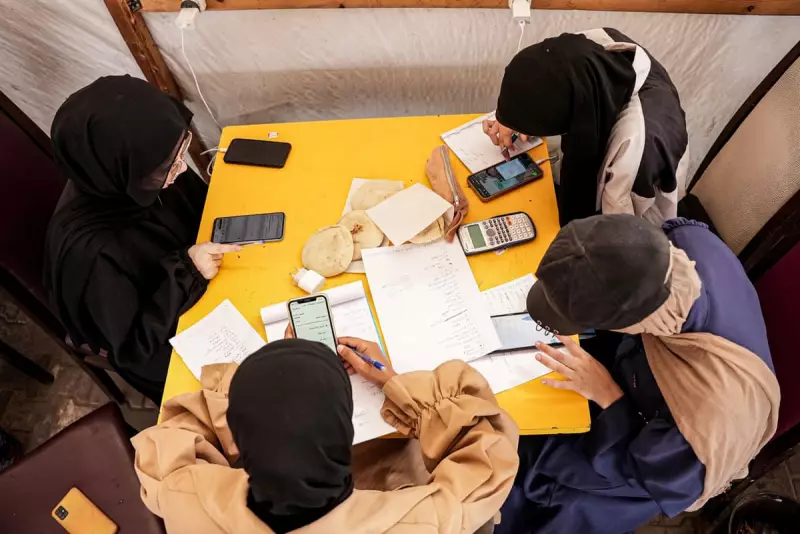
In a move that has sent shockwaves through the international academic community, former US President Donald Trump has declared a drastic new immigration policy: a blanket ban on student visas for applicants from the Gaza Strip.
The controversial announcement, made during a campaign rally, positions the proposed ban as a central tenet of a potential second term. It specifically targets students from the Palestinian territory, effectively barring them from pursuing education in the United States.
Impact on UK Campuses and Academic Freedom
The policy's repercussions are expected to extend far beyond American borders, directly impacting prestigious universities across the United Kingdom. UK institutions host a significant number of Palestinian students, many of whom rely on the vital exchange of ideas and research opportunities.
Academic leaders and human rights organisations have universally condemned the proposal. They argue it constitutes a form of collective punishment, unfairly targeting an entire demographic based on their origin and severely restricting their right to education.
A Chilling Effect on Global Scholarship
Critics warn that the ban threatens to dismantle decades of academic progress and international cooperation. It risks creating a "brain drain," preventing some of Gaza's most promising scholars from accessing world-class education and contributing to global research in critical fields like medicine, engineering, and technology.
Furthermore, the policy is seen as a dangerous politicisation of education, potentially encouraging other nations to implement similar restrictive measures based on nationality or ethnicity, thereby fracturing the global academic landscape.
Legal Challenges and Official Response
While still a proposal, the announcement has already sparked promises of fierce legal challenges from advocacy groups who deem the policy discriminatory and unlawful. The potential for such a ban to face scrutiny in US courts is high, mirroring previous legal battles over Trump-era travel restrictions.
The current US administration has yet to issue an official statement, but the proposal has undoubtedly intensified the debate around immigration, national security, and the values of open academic exchange.





